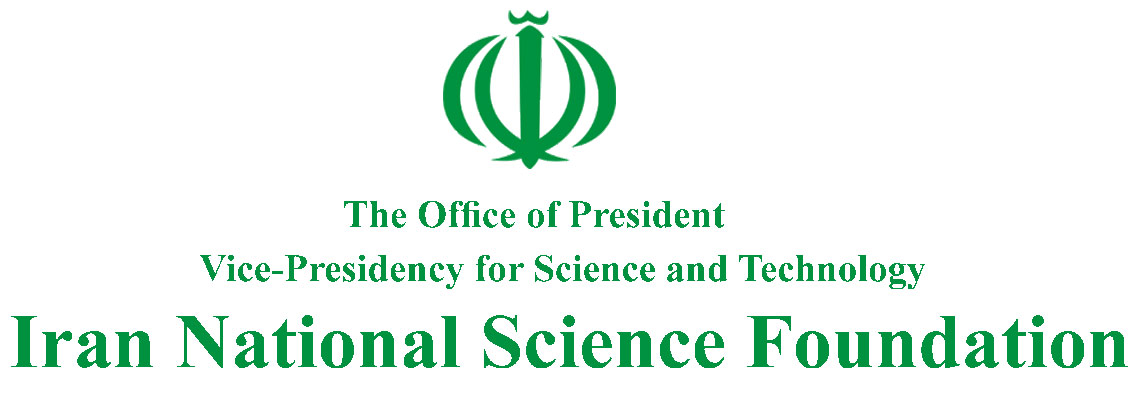


We are pleased to announce that the 7th annual workshop on Operator Algebras and their Applications will be held at the School of Mathematics of Institute for Research in Fundamental Sciences (IPM) on January 6-9, 2020. These workshops intend to bring home new advances in modern analysis and give graduate students and young researchers an opportunity to meet well-known researchers in the field of operator algebras. This year, the workshop will focus on recent developments on Dynamical Systems, Ergodic Theory, and Operator Algebras.
We look forward to welcoming you in Tehran and meeting you at IPM.
